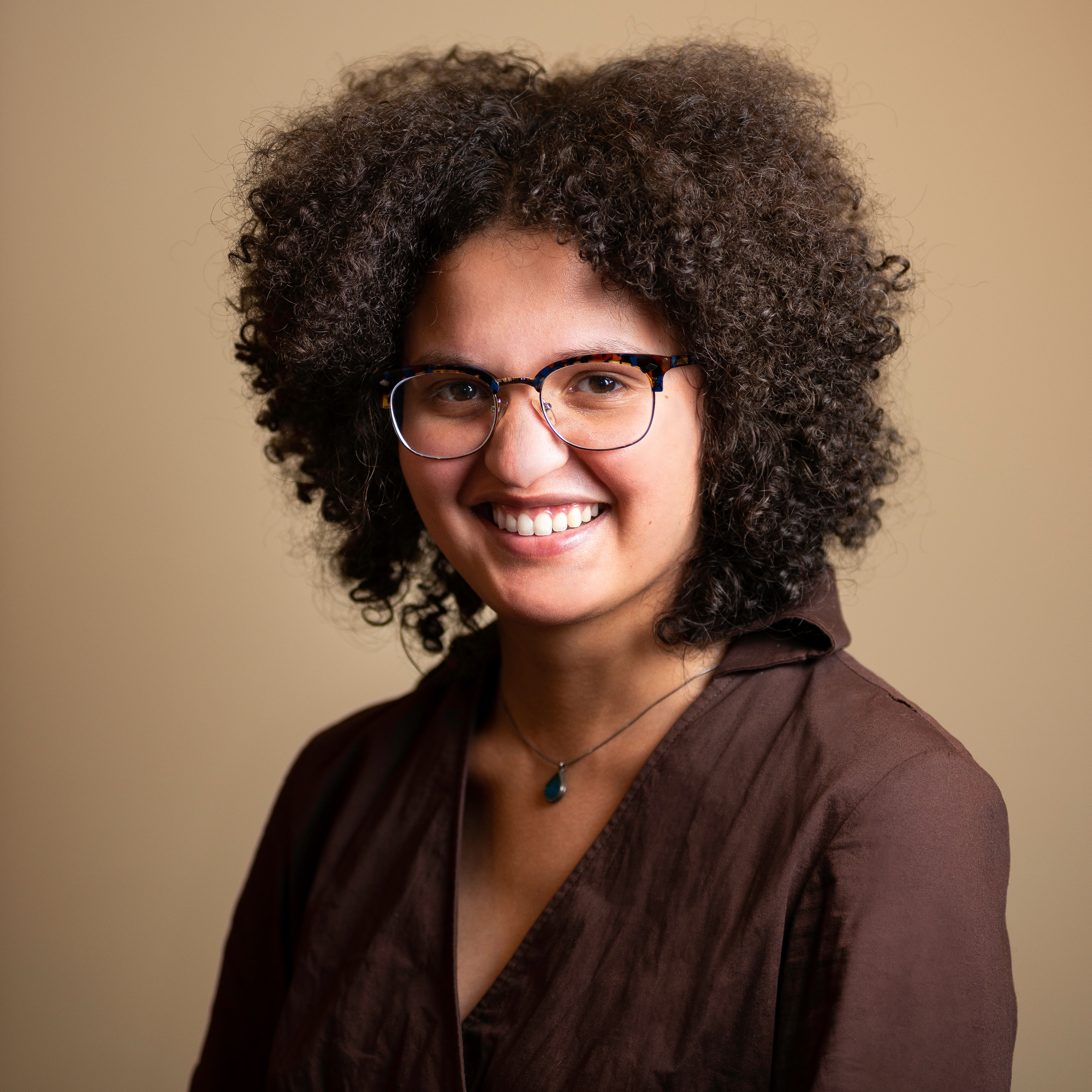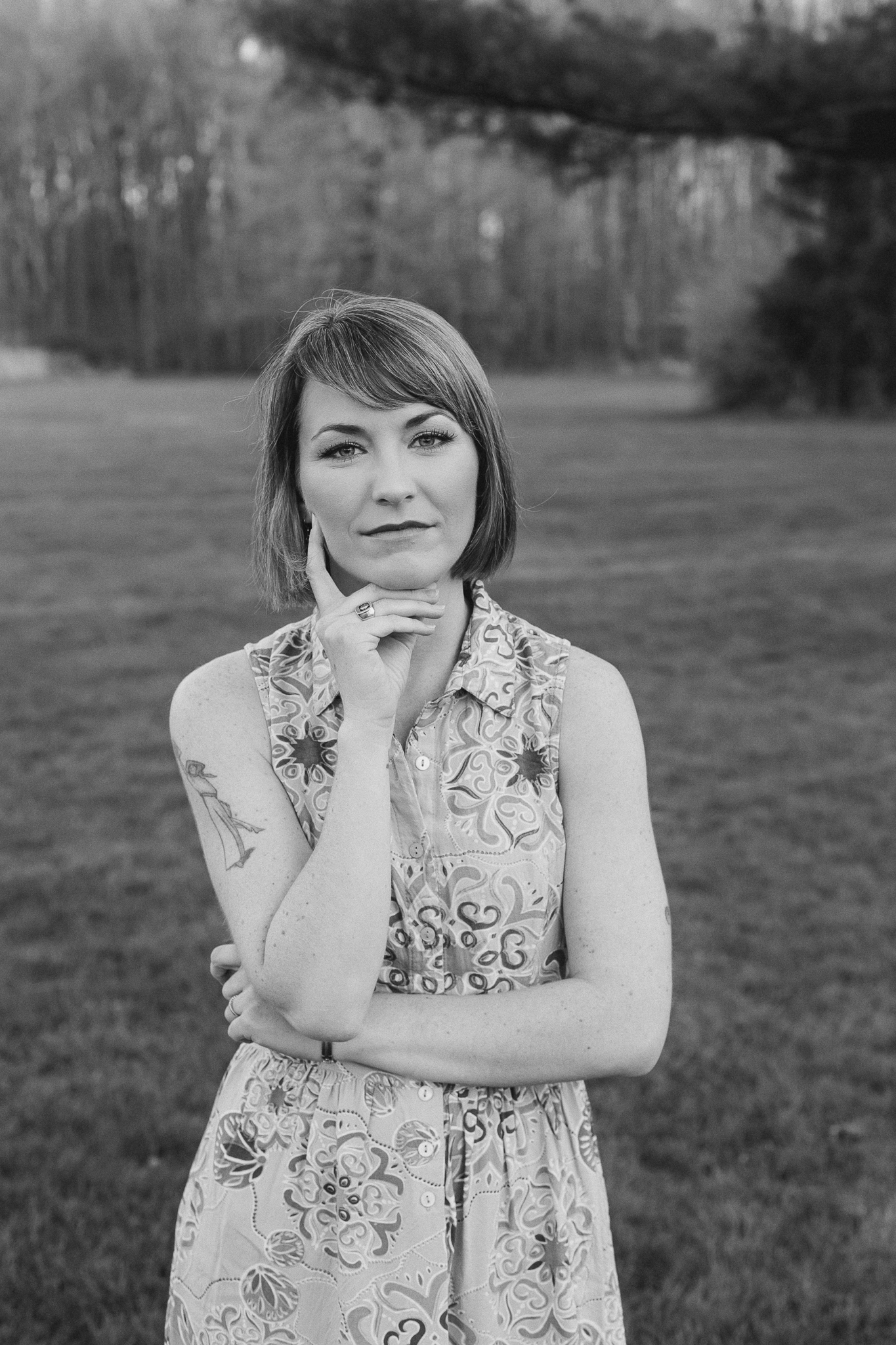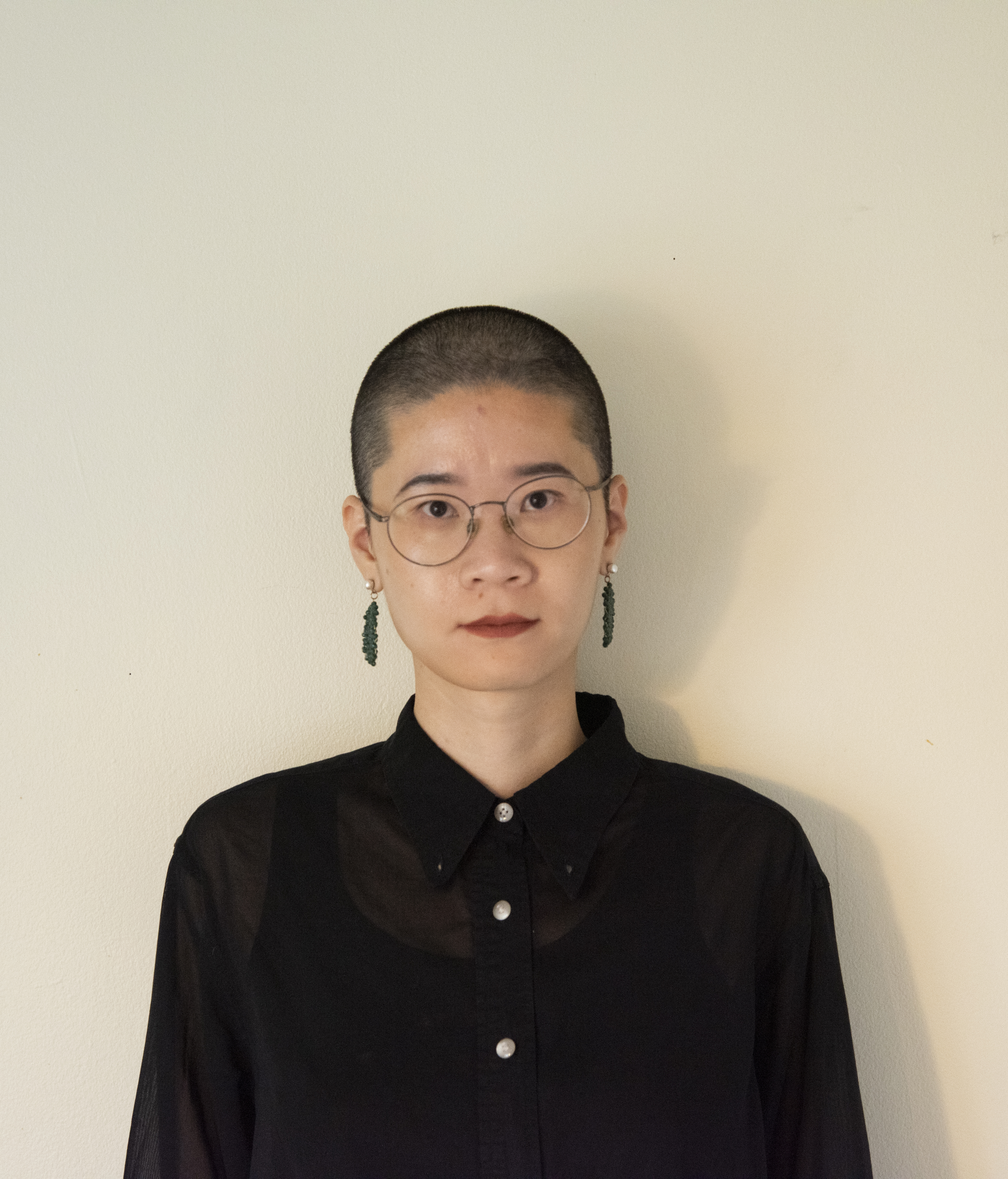Announcing the 2022 Scholars of Sexology Fellows
The Scholars of Sexology Fellowship was established by Dr. John Money in 2002 and is awarded annually to support the work of one or more graduate students whose research would benefit from the resources of the Kinsey Institute Collections. Fellows are also expected to contribute to the organization, preservation, and/or accessibility of Kinsey Institute collections.
Congratulations to our 2022 fellows: Olivia Adams, Mary Gently, and Mia Hua, and Honorable Mention Tom Driver.

Olivia Adams is a Ph.D. student at Indiana University in Gender Studies. Adam's dissertation research on chronic vulvovaginal pain (CVVP), an umbrella term referring to specific conditions like vaginismus, vulvodynia, and dyspareunia, integrates historical scholarship on the violent relationship between gynecology, race, and gender in the nineteenth and twentieth centuries with quantitative work on patient experiences in present-day contexts. Discourses surrounding medicalization and women’s sexual and reproductive health figure largely in her work as well, and she both acknowledges and complicates the important contributions of feminist thinkers in medicalization discourses. Regarding her investigation of nineteenth century American gynecology and early debate surrounding the classification of CVVP conditions like vaginismus, she also contributes to work on the construction of the medical patient and the ways in which vaginismus was historically figured as a disease of white middle class marriages and seldom if ever described in Black, Brown, and low-income communities, a tendency that largely persists today.
With the Scholars of Sexology Fellowship, Adams will investigate another American perspective on CVVP through the papers of Robert Latou Dickenson, an American gynecologist and researcher who worked on dyspareunia, a sister condition of sorts to vaginismus. Dickenson’s work will serve as an important comparative voice regarding the psychosomatic nature of vaginismus and other CVVP conditions. J. Marion Sims – the first American gynecologist to identify and describe vaginismus – firmly believed that this condition stemmed from physical dysfunction of the hymenal tissue and did not endorse claims that vaginismus was psychosomatic or primarily a condition of nervous affect manifested through sexual problems. Dickenson’s perspective, as a gynecologist working in the decades following Sims’ career, therefore provides an important link in the classificatory history of CVVP conditions.
Mary Gently is a Ph.D. student at Rutgers University.
Mary's project, “‘And Such Were Some of You’: Navigating Evangelicalism and Same Sex Attraction, 1973-2018, examines the diverse and evolving ways that gay evangelicals have navigated the conflict they perceived between their sexuality and their religious beliefs, paying particular attention to the history of the ex-gay movement, an evangelical movement that claimed that through a series of spiritual and psychological interventions gay people could become straight.
Understanding the emergence, ascent, and eventual collapse of the evangelical ex-gay movement provides the crucial context for understanding evangelicals’ shifting and varied approaches to same-sex sex and romantic love. This project begins in 1973 with the founding of Love in Action, the first evangelical ministry to “reform” homosexuals, and concludes with the first Revoice Conference in 2018—a gathering of same-sex attracted evangelicals who, while rejecting the idea that their sexual orientation could or should be changed, remained committed to abstaining from same-sex sexual acts or relationships. This gathering, reflecting a shift among both gay and straight evangelicals toward a growing acceptance of the fixity of sexual orientation, represented a significant evolution in how evangelicals thought about sex, sexuality, and marriage.
Mary’s research at the Kinsey Institute will explore how sexological notions—combined with religion—impacted gay history. By examining the evolving theological, political, scientific, and experiential currents that have informed gay evangelical discourse over the past fifty years, paying special attention to gay evangelicals’ self-understanding, and connecting evangelical history to queer history, her work will illuminate the intersecting meaning and modes of religious and queer agency, identity, and politics.
Finished Project
Report: The Evangelical Ex-Gay Movement
Finding Guide: Ex-Gay Materials Guide

Dianya Mia Hua is currently a third-year doctoral student studying Human-computer interaction Design at the College of Information Sciences and Technology at Pennsylvania State University. Her dissertation leverages methods and practices of visual art and art history to design for women’s masturbation as a political act of sexual independence as well as a legitimated pathway to sexual pleasure.
In her upcoming research trip to the Kinsey Institute, she will work with the Art and Artifacts collection to study the design history of digital and non-digital sex toys designed for women. While completing this research, she will curate a collection of sex toys designed for women from the Art and Artifacts collection. She will then create a digital sketch for each sex toy to facilitate her reading of the design. In particular, she will read the design of sex toys in its sociohistorical environment through the approach of social art/design history. The objective is to uncover how sex toys designed for women have been shaped by social factors, including ideologies, and other general historical structures and processes. Ultimately, this study is concerned with how social factors have shaped women’s sexuality through material artifacts. It will contribute to her dissertation with inspirations for designing for women’s masturbation from a perspective that challenges existing political, social, and cultural prejudice, discrimination, and marginalization of women’s sexuality.
Finished Project
Posters: Sex Toys and Vibrators

Honorable Mention
Tom Driver, Dual M.A. student in the Department of History and the School of Information & Library Science at Indiana University
Research Topic: Sex, Erotica, and the Cultural Milieu of Medieval Europe
Support Kinsey
Love is more than an emotion. It is essential to our individual and collective well-being. Your support will help the Kinsey Institute advance research and education in the science of love and give a diverse field of researchers the resources they need to make new discoveries.
Pledge your support